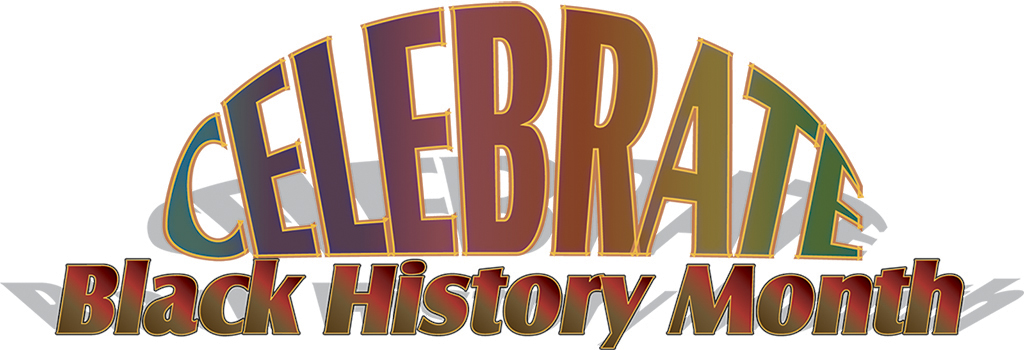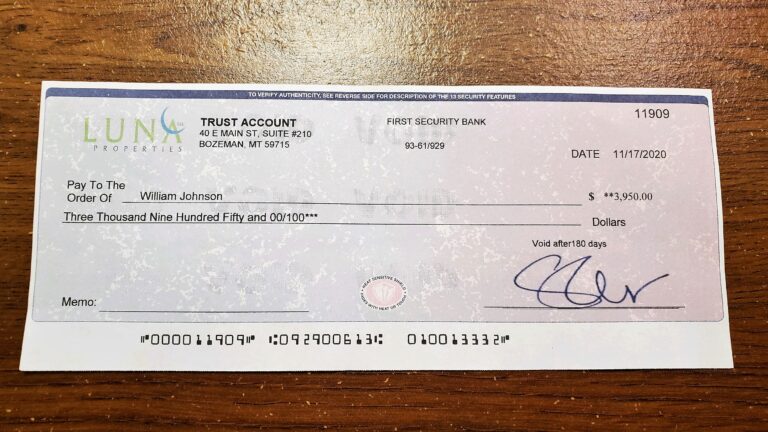Celebrating the Women of Black History

By Sarah Naron
Messenger Reporter
Throughout history, individuals of African-American descent have made great strides in fields such as civil rights, science and literature. While observing Black History Month, which occurs annually each February, the accomplishments and historical contributions of black men such as Dr. Martin Luther King, Jr., Louis Farrakhan and Malcolm X are often prominently lauded, leaving the stories of the many black women who accomplished greatness of their own all too often untold.
According to Roberta Mason, Chairman and Founder of the Martin Luther King, Jr. Commemorative Committee, examples of influential African-American women include Sojourner Truth, Mary McLeod Bethune and Coretta Scott King.
“They just stepped out and took the lead,” said Mason. “Whatever the need was, they were there to do it.”
As Mason explained, King was “instrumental” in having the birthday of her late husband, Dr. King, declared a national holiday, while Bethune implemented a college for African-American girls in Daytona Beach, Fla. which later merged with a private school for African-American boys to form Bethune-Cookman University. Truth, said Mason, raised awareness of slavery by delivering speeches on the topic.
Mason also cited Rosa Parks as an influential black woman.
“She sat down on the bus and refused to give up her seat,” explained Mason. “So, she’s very influential.”
Harriet Tubman was another woman mentioned by Mason. Tubman is responsible for assisting more than 100 slaves in their quest to escape to freedom.
Mason spoke of girls and women who helped end the segregation of black and white students in public school systems, such as the Little Rock Nine.
“I really don’t know their individual names; they were girls at that time,” Mason said. “They helped to integrate Central High School in Little Rock. And Ruby Bridges that was down in New Orleans – she integrated the New Orleans School System.”
Mason went on to name Alice Walker and Toni Morrison, two African-American writers whose work she reveres.
“She’s the only black (person) that received the Nobel Prize for literature,” Mason said of Morrison. “And she’s the only black woman that’s ever received a Nobel Prize.”
Mason also spoke of Fannie Lou Hamer, a representative of the Freedom Party at the Democratic National Convention in 1968.
“She’s one of my heroes,” said Mason.
Other examples provided by Mason included Congresswoman Barbara Jordan of Texas and Congresswoman Maxine Waterside of California, along with U.S. Senator Carol Braun of Chicago.
As a present-day example of an influential black woman, Mason named Oprah Winfrey.
Sarah Naron may be reached via email at [email protected].






4.5